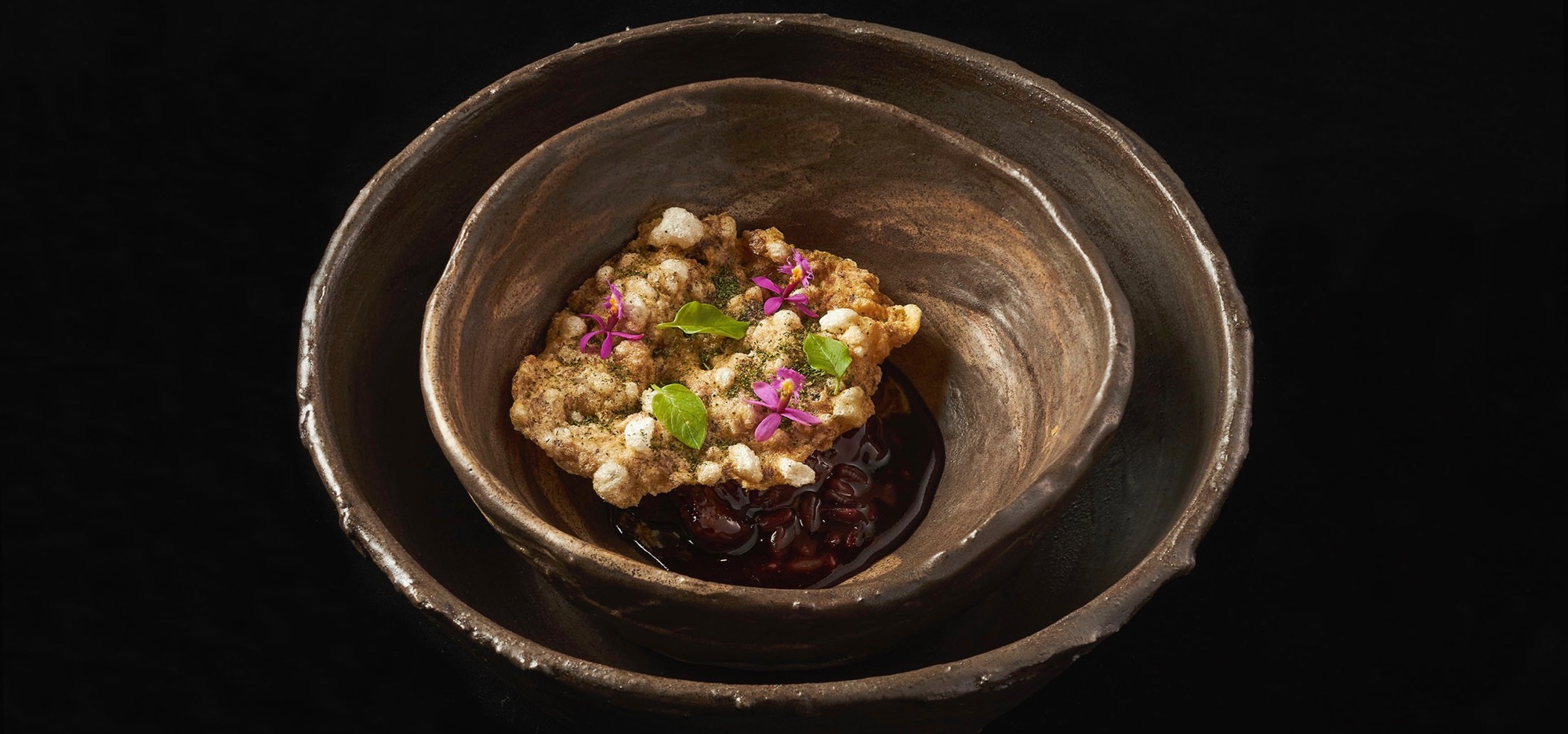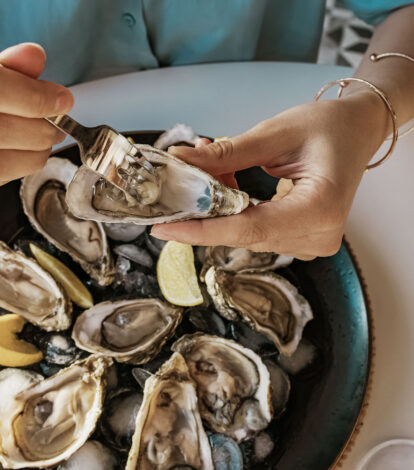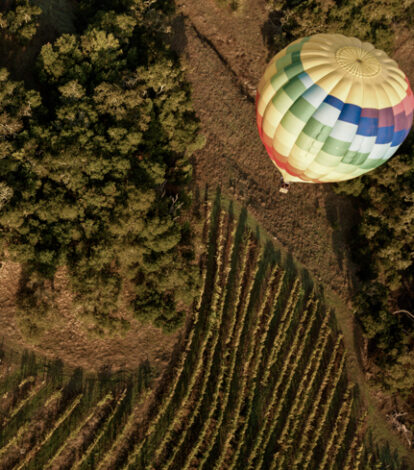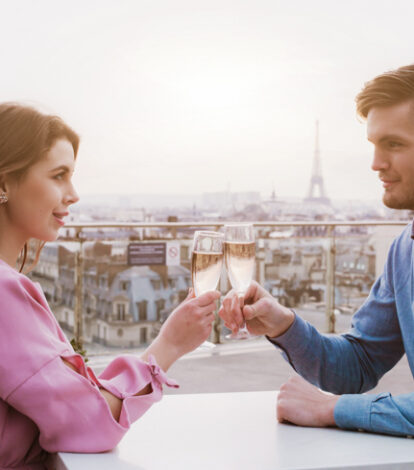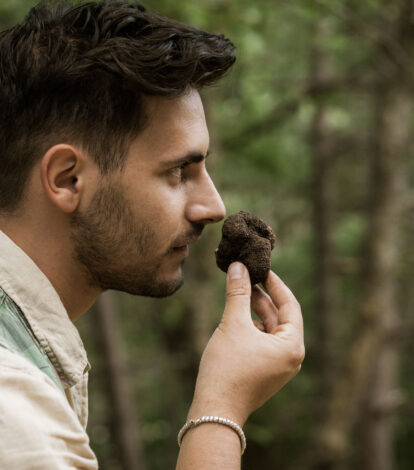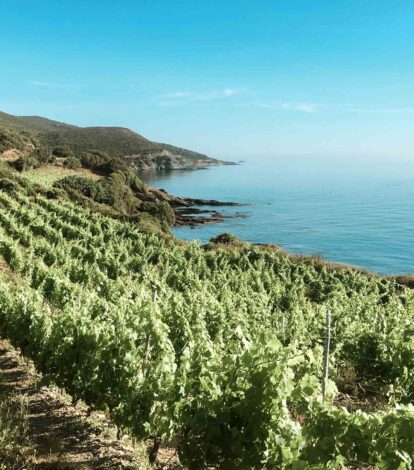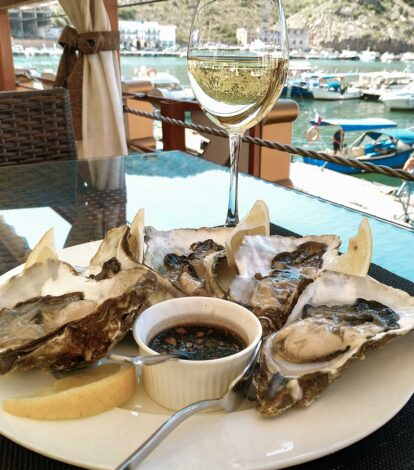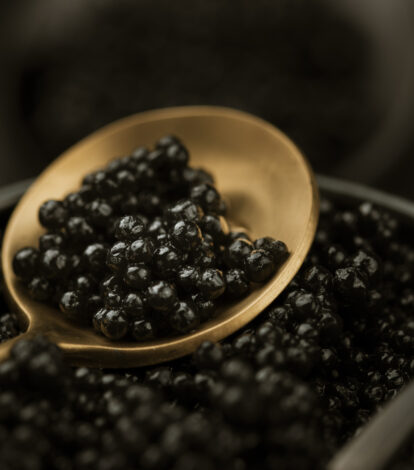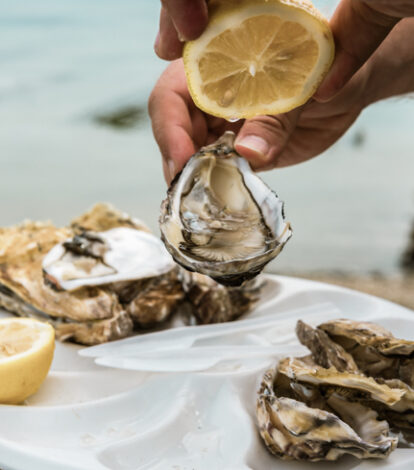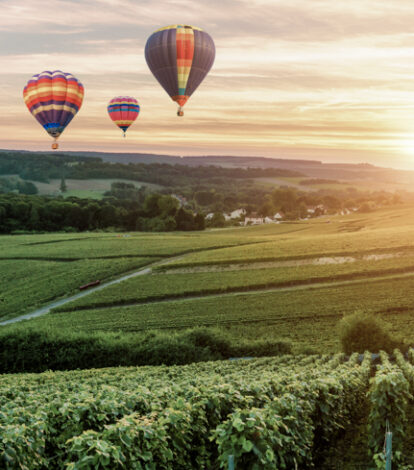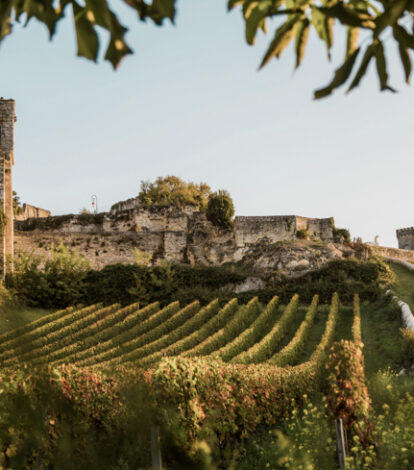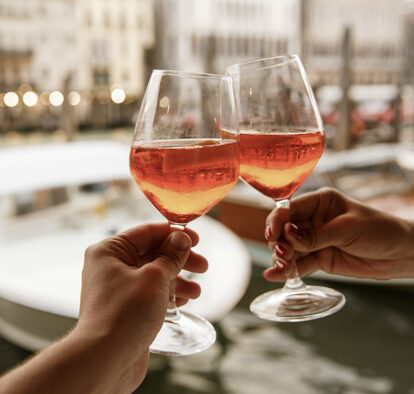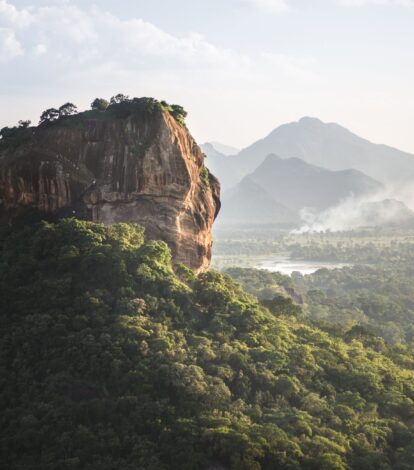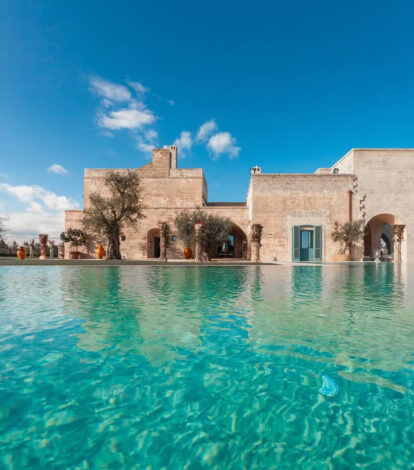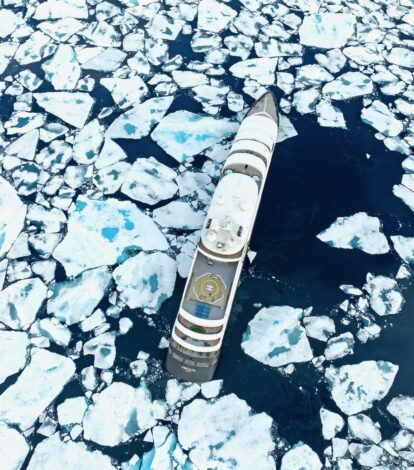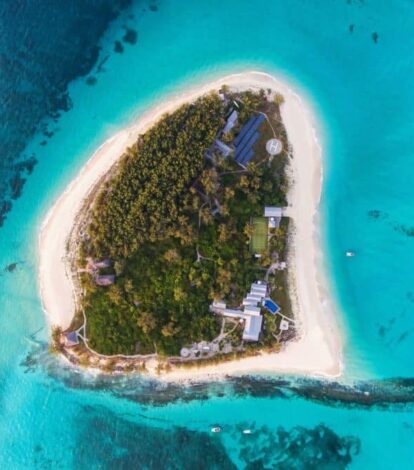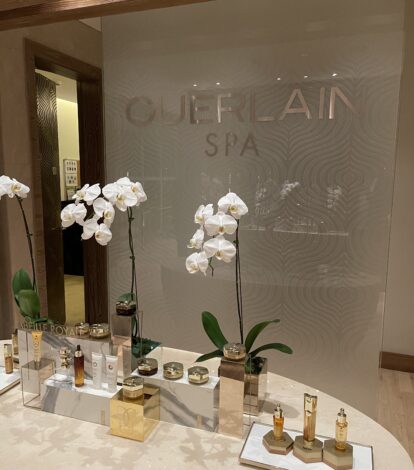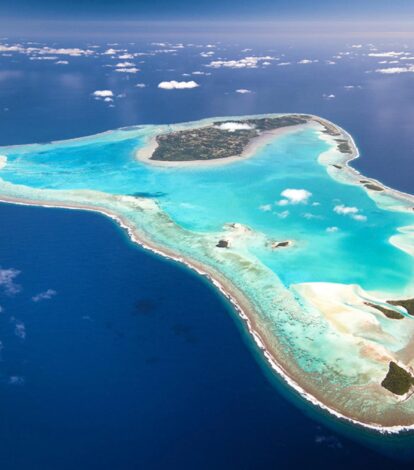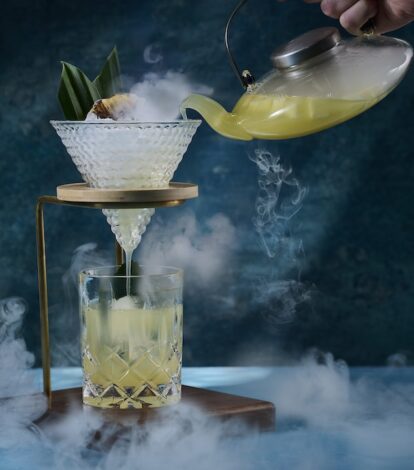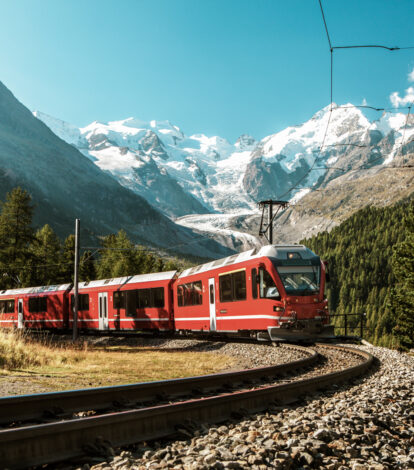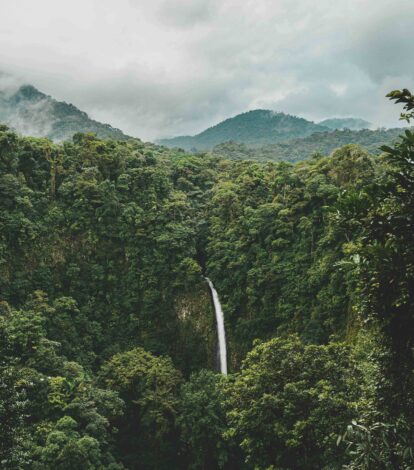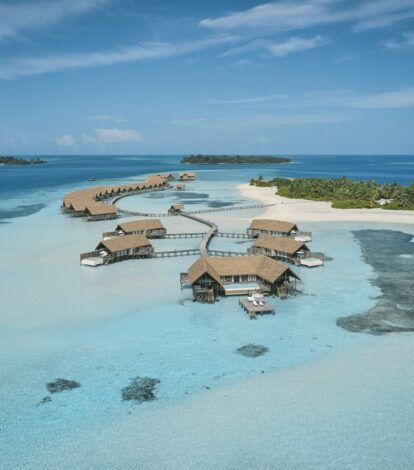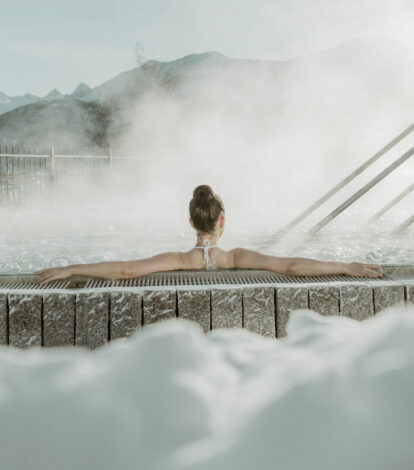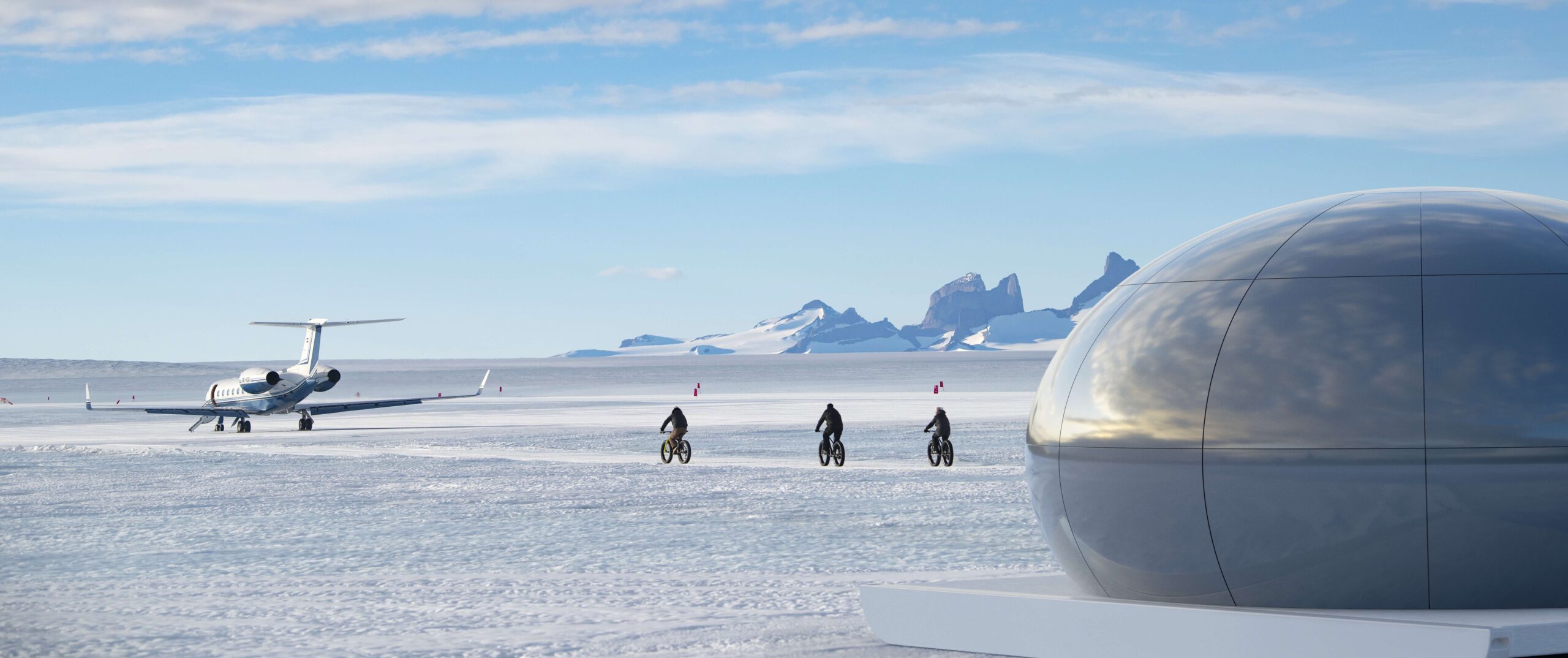Eight of the world’s finest chefs and restaurateurs give their personal recommendations for EliteVoyage clients. Including Raymond Blanc, Elena Arzak, Leonor Espinosa, Niki Nakayama and Tomáš Karpíšek.
These chefs talked to EliteVoyage and Explorer magazine about their distinctive cuisine, cooking philosophy, and what you should look for in creative cuisine.
Elena Arzak

In 2012 Elena Arzak won the Vueve Clicquot World’s Best Female Chef award. Her Restaurant Arzak in the Basque region has held three Michelin stars since 1989. She told us:
You can find nice culinary ideas all over the world. Those ideas that are traditional for other cultures, are new for us. For me, being Basque and only using Basque ideas is too short. I add ingredients from other cultures, but always under the palate of the Basque people.
We asked Elena about the restaurants and chefs she likes to enjoy. Ferran and Albert of Restaurant El Bulli were one recommendation, but of course this legendary restaurant is now closed. So Elena stresses the diversity of great restaurants.
Each chef has their own way to direct the restaurant. There are different ways to reach the purpose, which is to cook in your own style, make it as good as possible, and make the guests as happy as possible.
Zizi Hattab

Moroccan-Spanish chef Zizi Hattab only opened her Zurich restaurant KLE in 2020. It’s become the first purely vegan restaurant with a Michelin star in Switzerland.
People with different diets come to my restaurant and the biggest challenge I face are the preconceived notions people have about vegan food. It’s always very gratifying when guests tell me the food at KLE inspired them to make changes to the way they eat.
Raymond Blanc
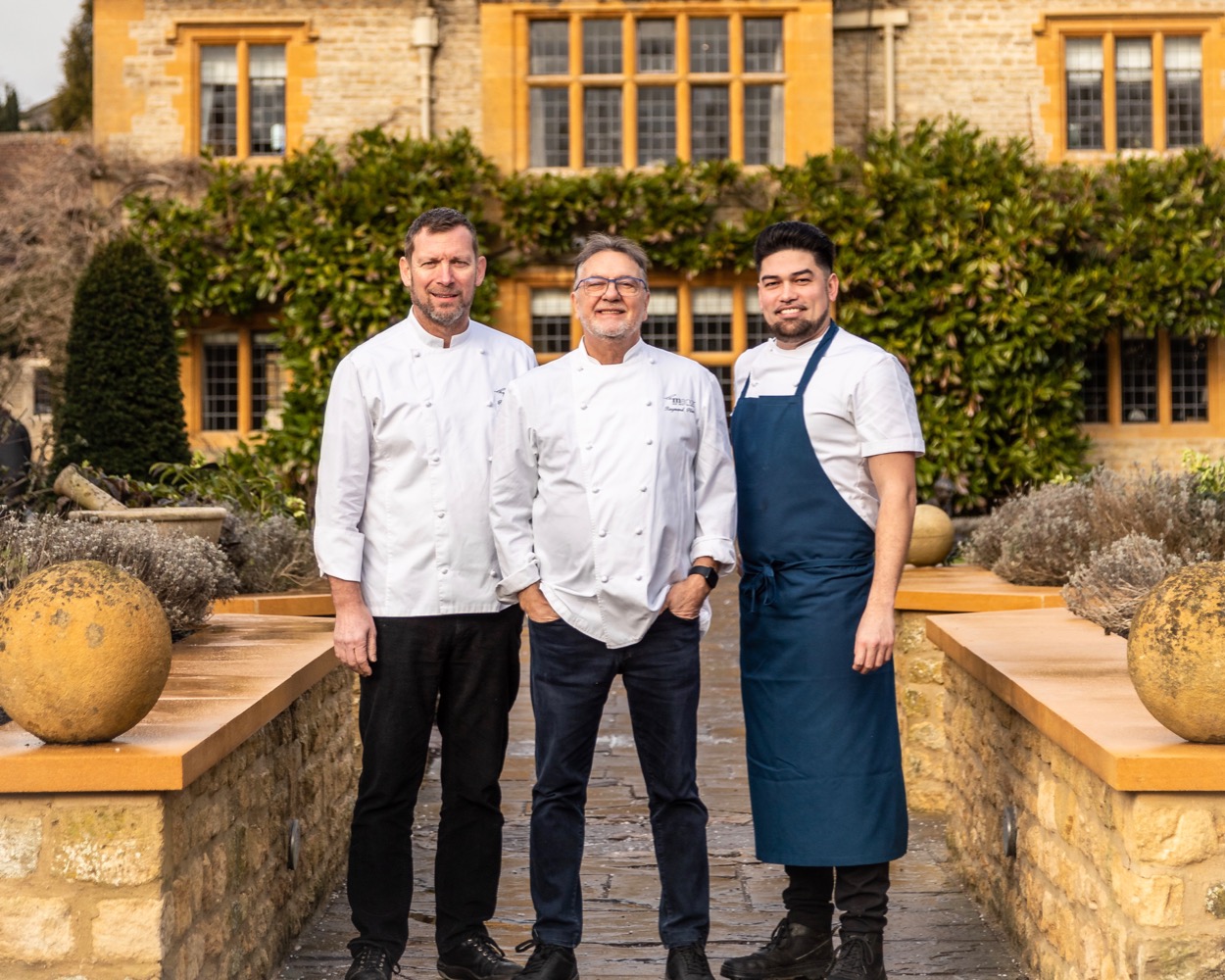
Raymond Blanc’s restaurant Le Manoir aux Quat’Saisons has continuously held two Michelin stars since 1984. It’s part of the country hotel he opened, that’s now A Belmond Hotel. In a fascinating 75-minute interview, Raymond told us:
Something big happened. Veganism. With enough intelligence, creativity and curiosity you can transform a humble bean into something unbelievable. Vegetables were a garnish to beautify a dish. Now vegetables have been brought into this huge creative process about eating better and being healthier.
As well as becoming a celebrity television chef in the UK, Raymond Blanc trained some of the world’s most recognisable chefs, like Heston Blumenthal. As part of an interview for Explorer magazine, we asked about what continues to motivate and inspire him.
My inspiration is not uniquely about food, it is to give a total stranger the best moment of their life, in every possible way. Through generosity, through the research and curiosity that goes into every dish, through something that transcends emotions.
Leonor Espinosa & Laura Hernandez

In 2022 Colombian chef Leonor Espinosa was awarded World’s Best Female Chef, by the annual World’s 50 Best Restaurants list. Her inspiration is different to Raymond’s.
Food is a channel of expression for my art, aesthetically represented in my dishes on the menu of restaurant Leo in Bogotá. I see culinary creations from an observation and experimentation approach that I borrow from the plastic arts.

We love Leonor’s and her daughter Laura’s passion for their native Colombian cuisine and how she is quite literally, putting Colombian gastronomy on the world map. We asked how they transformed Colombia’s biodiversity into a single dining experience. Laura told us:
I have had the pleasure of navigating Colombia’s seas and rivers, smelling the mist of the high Andean mountains or the humid salinity of the Caribbean at sunset. The Amazon rainforest is home to an incredible array of plant species, used by indigenous communities for centuries. Transforming biodiversity into a dining experience involves striking a balance between innovation and tradition, while prioritising sustainability and ethical sourcing.
Niki Nakayama & Carole Iida-Nakayama
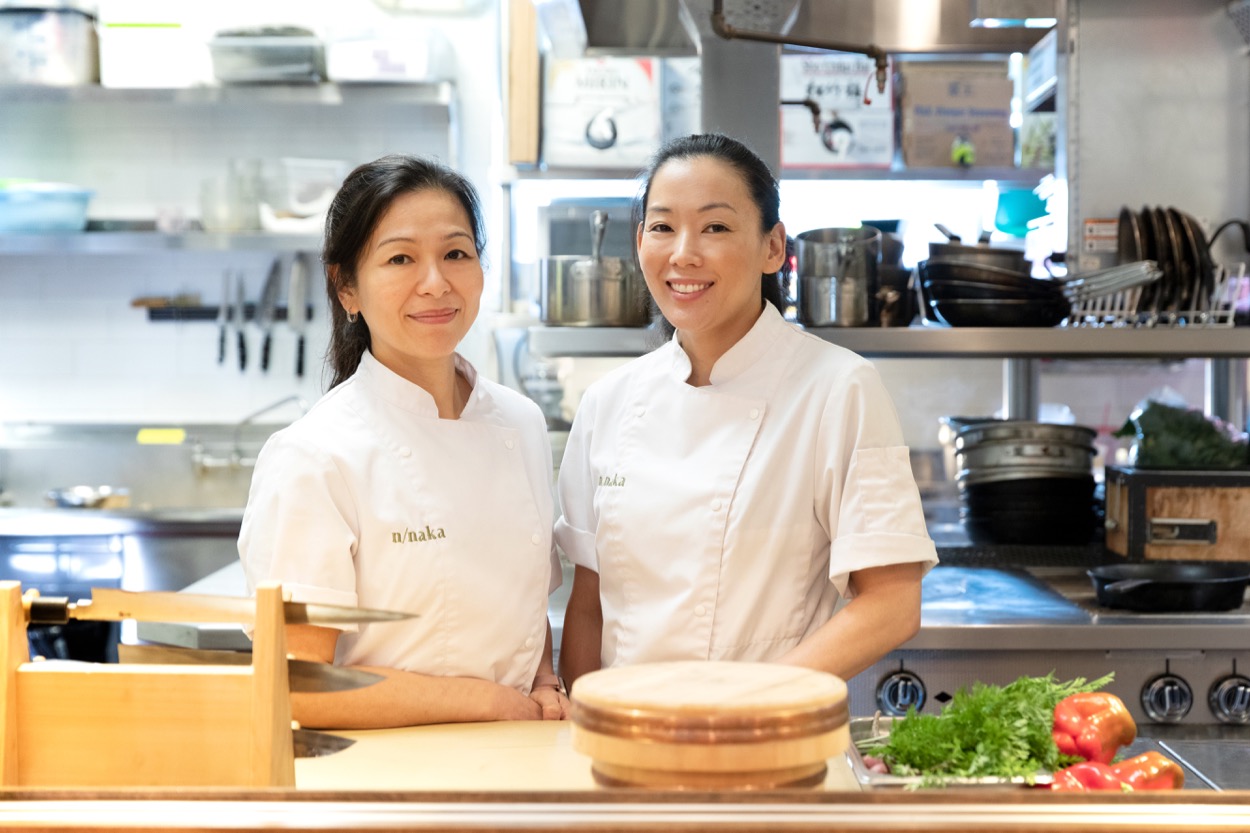
Niki’s Los Angeles restaurant n/naka has two Michelin stars and is in Food & Wine’s best 30 restaurants of the world. We asked Carole how it was possible to serve Japanese kaiseki in Los Angeles.
n/naka is a kaiseki restaurant that could only exist in Los Angeles, precisely because we are honouring the pillar of seasonality by integrating as many local ingredients as possible. While still creating flavours and using techniques reflective of kaiseki.
Like many of the world’s top restaurants, n/naka has an ever-changing tasting menu. We wanted to know how far in advance these menus were created. Niki said:
I always work up to the last minute, because the availability of ingredients changes so frequently. Creatively, being tied to something causes headaches, so it is better to remain open and flexible and listen to nature.
Tomáš Karpíšek

Tomáš Karpíšek founded the Ambiente network and has a long list of successful restaurants, cafes, a bakery, wine bar, butcher and brewery. These include Michelin starred La Degustation Bohême Bourgeoise.
We want to rediscover Central European cuisine. What is Czech, Bavarian, Austrian and even Swiss cuisine? We are trying to redefine our ambient and preserve what is disappearing. This is one of the reasons why we founded UM.
Tomas attributes part of Ambiente’s success to the farmers he’s worked with for so long. His approach is farm to table, which makes dining healthier and better.
In the Czech Republic there is an idea that the best meat comes from a bull, which is not true. Breeders fatten their bulls to quickly grow as much lean meat as possible. For Amaso we wanted a breed whose meat has as much fat as possible,bred for the best taste, not quantity.
The full interview with Tomáš Karpíšek will appear in the upcoming edition of Explorer magazine, released in September. We asked if farm to table cuisine means an inconsistent experience for diners.
Inconsistency is part of authenticity! A chef cannot simply accept that because the asparagus is worse this year, he will serve worse food. He must search until he finds better asparagus, or process the asparagus differently so the recipe resonates with this year’s crop. This need to deal with imperfections is the engine of creativity and innovation.
Creative Holidays for Foodies
As creatives, we are eager to learn from creatives in other industries. That’s one reason we want to interview the world’s best chefs – there is so much they can teach us.
Another reason we interview these chefs is to elevate our knowledge of the world’s best gastronomy, so we can better design holidays for discerning foodies.
Food is so essential to any holiday. We’re continually searching for truly exceptional experiences that will transform a holiday into the realms of unforgettable.
